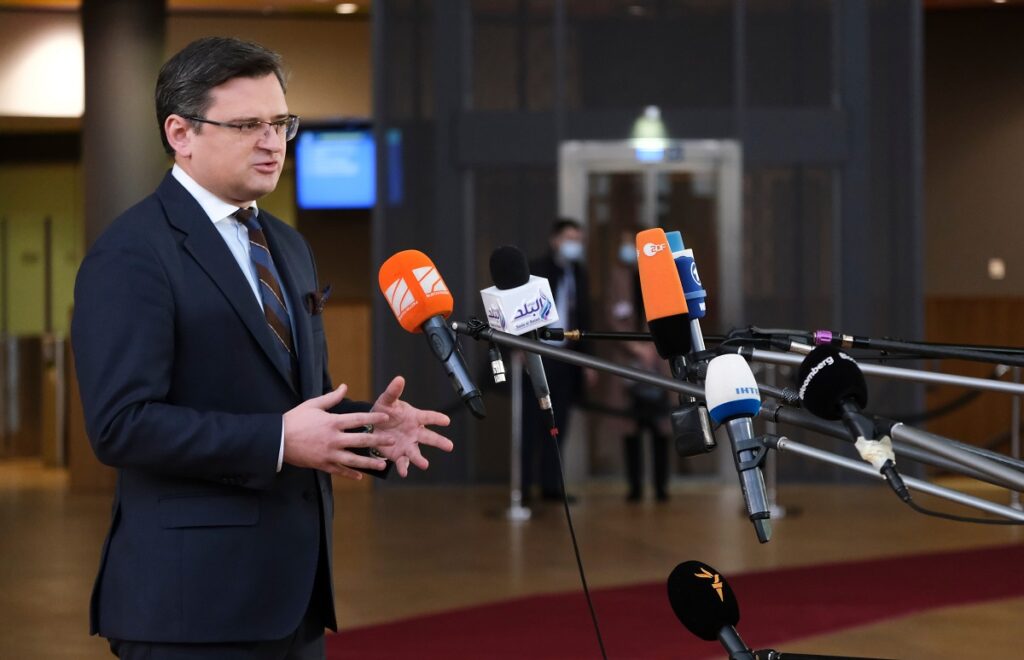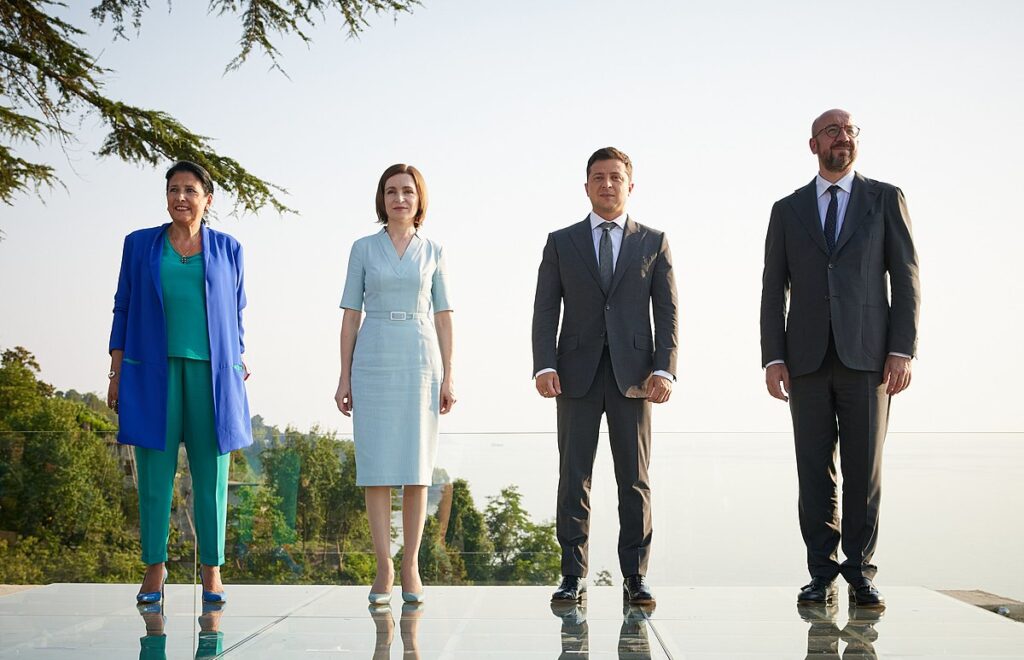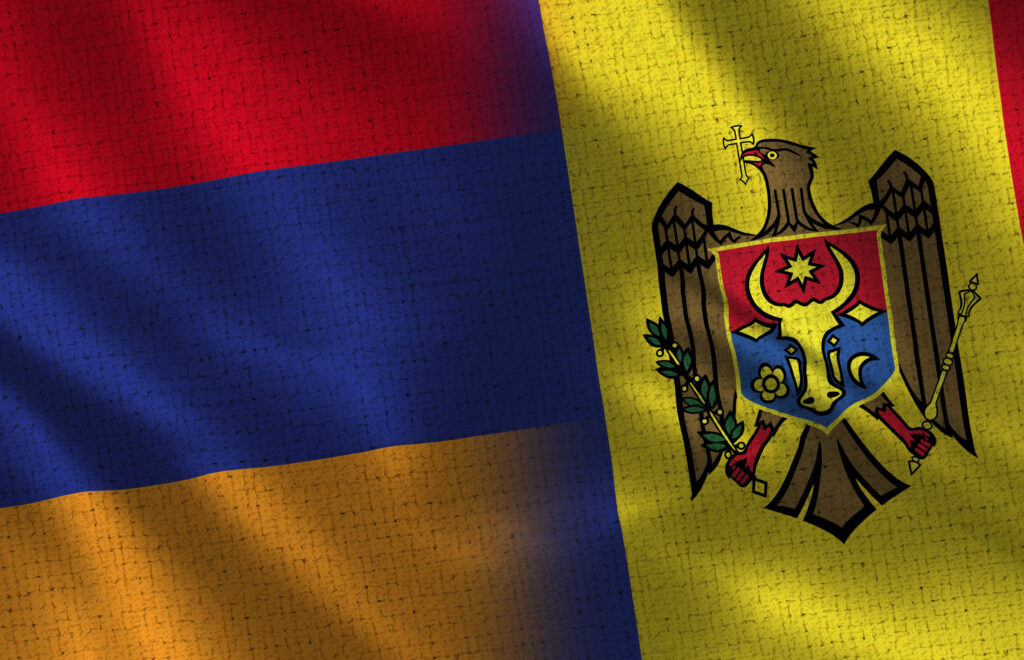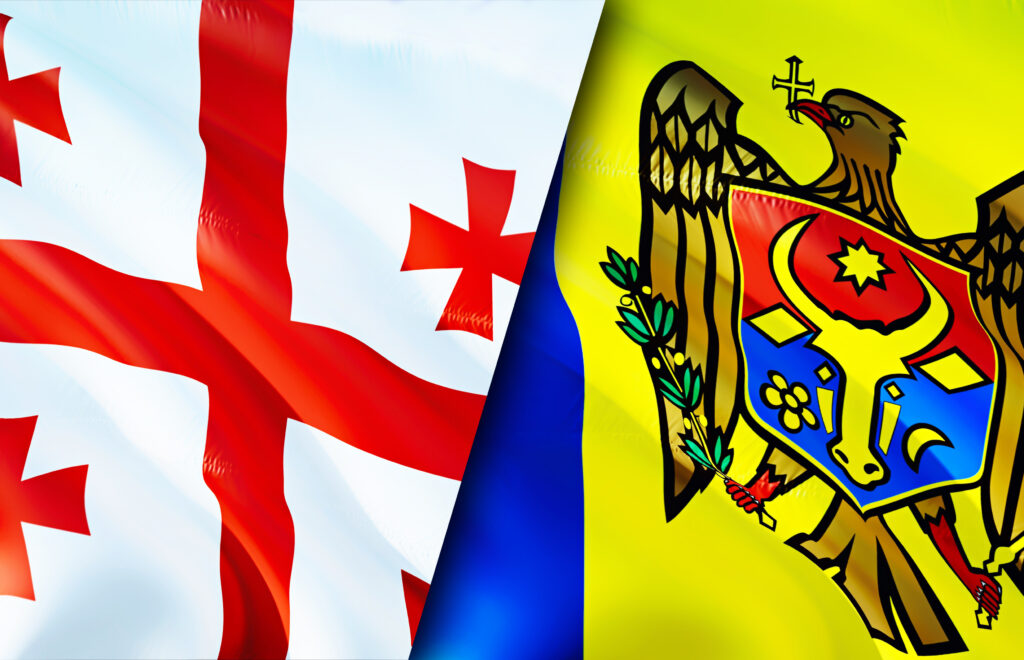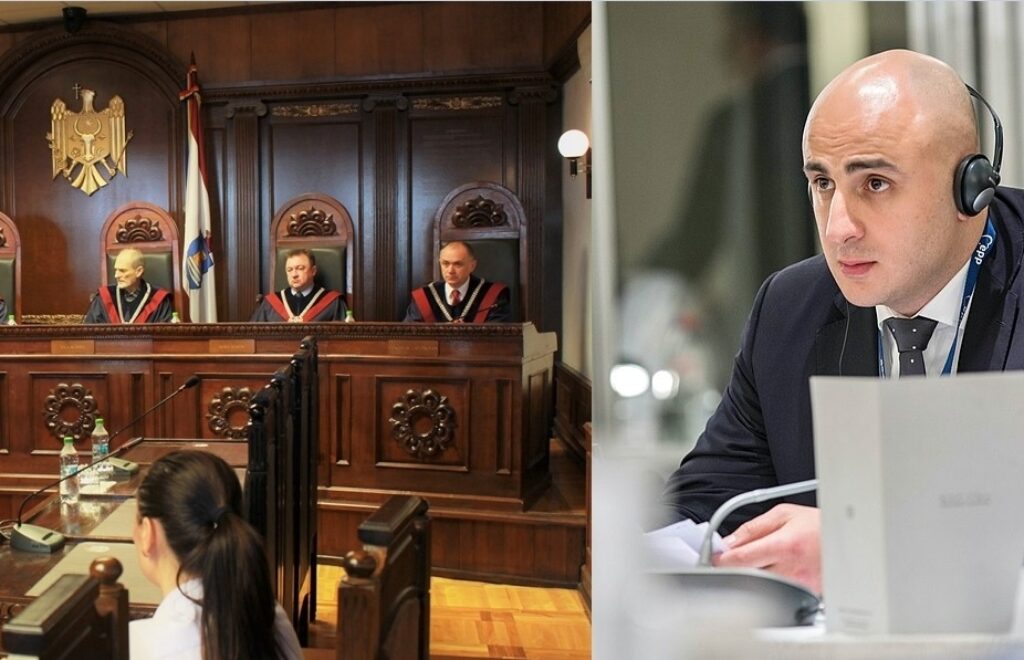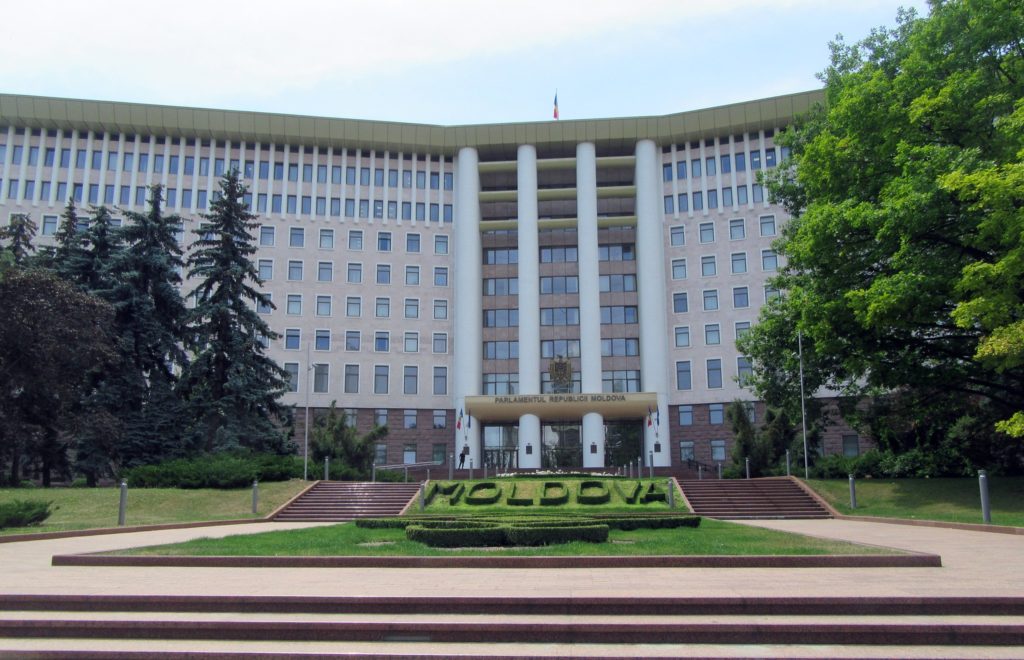Mission impossible? EU membership for Ukraine, Georgia and Moldova during wartime
Never before have Ukraine, Georgia and Moldova's European prospects been as bright as they are now. All three partner countries in the Eastern Partnership region have already submitted applications to join the European Union. However, the trigger for this move was not the success of internal reforms or the fulfilment of other political and economic milestones (also known as the Copenhagen Criteria).
April 25, 2022 - Denis Cenusa


